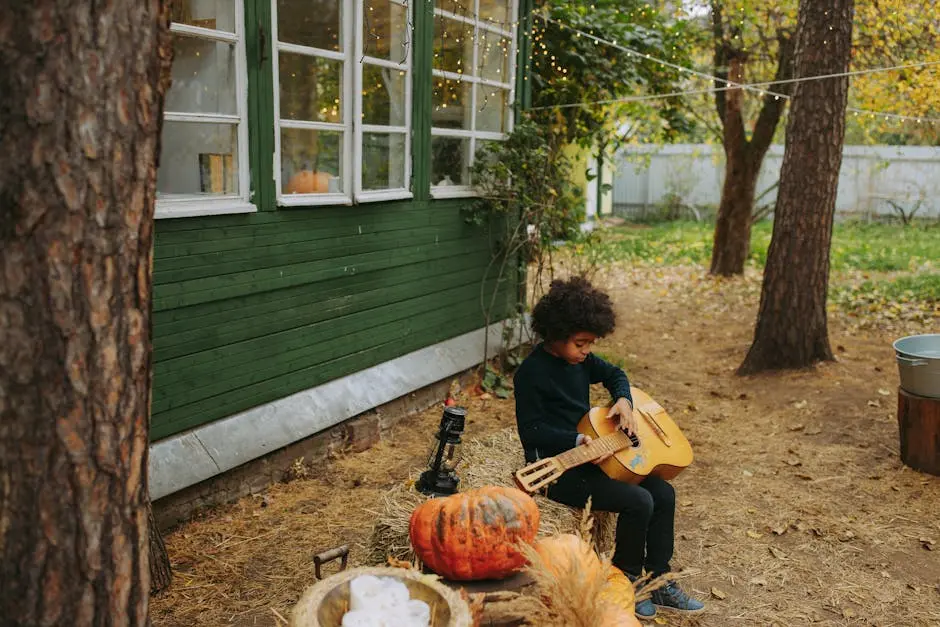Participating in a youth music program can be a transformative experience for children. Not only does it introduce them to the world of music, but it also helps them develop various skills that are essential for their overall growth. In this FAQ, we will explore the key skills children gain through their involvement in these enriching programs.
Musical Skills Development
In a youth music program, children learn essential musical skills such as rhythm, melody, and harmony. These foundational elements are crucial as they form the basis of music theory, which kids will explore as they progress.
In addition to the basics, children often get the opportunity to play various instruments. This practical experience not only enhances their musical ability but also helps them discover what instruments resonate with their personal style and interests.
Moreover, singing helps develop vocal techniques that can enhance a child’s confidence. Learning to harmonize with peers fosters a sense of belonging while also improving their ability to listen critically to musical elements.
Enhancing Cognitive Abilities
Music education is a powerful tool for enhancing cognitive abilities in children. Research indicates that engaging with music can improve memory, attention span, and even spatial-temporal skills, which are essential for subjects like math and science.
Participating in a youth music program requires children to process information quickly, whether it’s reading sheet music or following a conductor. This multitasking fosters mental agility, enhancing their overall cognitive function.
Furthermore, learning to play music enhances critical thinking skills, as children must interpret music and make decisions on how to perform it. This aspect of music education nurtures creativity and encourages innovative problem-solving.
Building Social Skills
Youth music programs offer an ideal environment for children to build essential social skills. By participating in group rehearsals and performances, children learn the value of teamwork and collaboration.
Interacting with their peers in music fosters communication skills. They learn to express their thoughts, listen to feedback, and work together towards a common goal, whether it’s perfecting a song or organizing a concert.
Additionally, these programs often involve diverse groups of children, making it an enriching experience. This exposure teaches kids about different cultures and perspectives, promoting empathy and acceptance of others.
Fostering Emotional Intelligence
Emotional intelligence is another vital skill that children develop through involvement in a youth music program. Music enables them to explore and express their own emotions in a safe and supportive setting.
As they learn to interpret various musical pieces, children become more attuned to their feelings and the feelings of others. This heightened sensitivity aids in developing empathy and emotional regulation.
Moreover, facing performance anxiety or overcoming challenges in learning an instrument cultivates resilience. Children learn that struggles are a part of the process, enhancing their ability to cope with life’s ups and downs.
Encouraging Discipline and Commitment
Participation in a youth music program demands practice and commitment, teaching children valuable lessons in discipline. Regular practice sessions are essential to mastering an instrument, instilling the importance of dedication and goal-setting.
The pursuit of excellence in music requires perseverance, which translates to other areas of life. As children work hard toward their goals, they learn that effort leads to achievement, reinforcing a strong work ethic.
In conclusion, joining a youth music program provides an incredible opportunity for kids to develop a range of skills. From musical ability to cognitive prowess, social skills, emotional intelligence, and discipline, these programs create well-rounded individuals ready to tackle life’s challenges.
The Broad Benefits of Youth Music Programs
In conclusion, a youth music program offers children a wealth of learning opportunities beyond just musical skills. Through their participation, they cultivate critical thinking, teamwork, and self-discipline while having fun and expressing themselves creatively.








